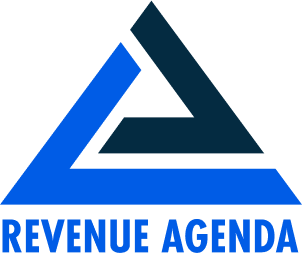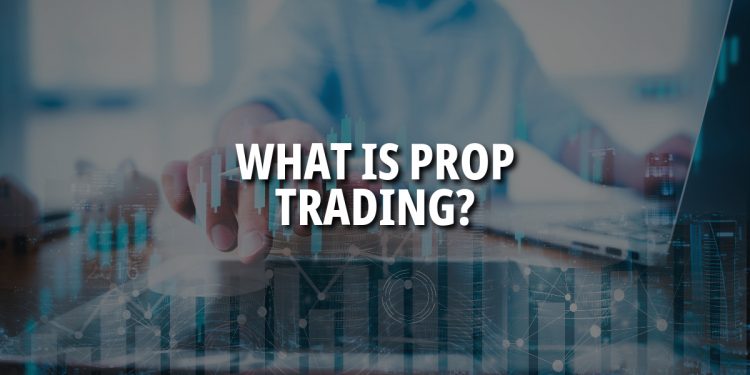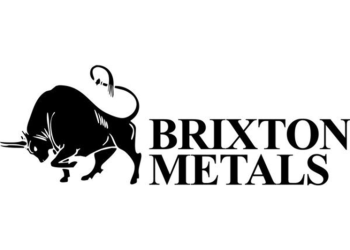What is Prop Trading? Understanding All the Basics
Key Takeaways:
1. Props trading, or proprietary trading, involves financial institutions using their capital for speculative investments. Understanding this concept is crucial for traders, whether experienced or new, as it shapes investment strategies.
2. Hedge funds actively trade props, employing strategies and platforms to outperform traditional investments and achieve substantial returns.
3. Effective asset management is essential in props trading to navigate markets and meet client needs. Compliance with regulations ensures that strategies align with legal requirements.
4. Financial institutions benefit from props trading with the potential for higher profits and the ability to build securities inventories. They can also act as market makers, contributing to liquidity in specific securities.
5. The Volcker Rule restricts large banks from short-term proprietary trading to prevent speculative investments that led to the 2007–2008 financial crisis. This rule aims to safeguard institutional investors and customers.
Have you ever thought about what props trading represents? Is it any abbreviation for a specific type of trading?
Whether you are an active, long-term trader or just entering the world of online trading, you must understand what the term “Props” means and help you understand and develop your investment strategy.
First of all, it is about Proprietary Trading. And more about that, find out in the following text, where we will explain everything nicely and help you master this type of trading! Let’s begin with the basics, shall we?
Get to know what Prop Trading means.
Props trading, or proprietary trading, is when financial firms or banks use specific market strategies to make money.
These strategies include algorithmic trading, which uses pre-defined algorithms for automated execution.
In the world of props trading, risk management plays a crucial role. Financial institutions engaging in this activity carefully assess and mitigate risks associated with their positions and market exposure.
This involves sophisticated risk assessment techniques and liquidity management to ensure they can navigate the markets effectively.
What are hedge funds regarding props trading?
Hedge funds are among the entities that commonly engage in prop trading. These funds utilize various trading platforms to execute their strategies, analyzing market data and trends to make informed decisions.
The aim is to leverage their competitive advantages to outperform traditional investment styles and generate substantial returns.
Props Trading Strategies and Asset Management
Props trading, also known as proprietary trading, encompasses a range of trading strategies financial institutions employ to profit directly from financial markets, including hedge funds.
This approach involves managing risks, analyzing markets, and using algorithms to trade assets and maximize returns.
Effective regulatory compliance as a critical asset
Effective regulatory compliance is also critical, ensuring that these strategies align with legal and industry requirements. Props trading is a financial strategy investment banks, brokerage firms, and hedge funds use.
Successful *props trading* requires a well-rounded approach that balances risk, analysis, asset management, and adherence to regulatory guidelines.
How Proprietary Trading Works in the Stock Market?
Props trading is a financial strategy investment banks, brokerage firms, and hedge funds use.
In prop trading, these entities utilize their capital to engage in speculative investments in the stock market.
The core objective of props trading is to capitalize on the price movements of various financial instruments.
Mutual Funds and Props Trading
Mutual funds gather money from many people to invest in various things, while props trading does things differently.
In props trading, institutions use their resources to execute investment decisions independently, focusing on specific strategies rather than collective investments.
Investment Strategy in Props Trading
Props trading revolves around the development and execution of precise investment strategies. These strategies can encompass various approaches, including technical analysis methods like “moving averages.”
Traders employing moving averages look at historical price data to spot crucial trends and make informed decisions about buying or selling financial instruments.
Investment Decisions in Props Trading
In props trading, investment decisions are made based on various factors, including technical analysis tools like moving averages, market conditions, and proprietary insights.
Traders continuously assess and adapt their strategies to respond to evolving market dynamics.
What are the main benefits of Proprietary Trading?
Higher Profits
One of the top advantages of proprietary trading for financial institutions is the potential for greater profits.
When they trade for clients, they make money from fees and commissions, which may be small compared to the investment gains. In contrast, props trading allows these institutions to capture 100% of the profits generated from their investments.
Building Securities Inventory
Proprietary trading enables institutions to accumulate a portfolio of securities. This strategic reserve can serve two crucial purposes. Firstly, it allows them to offer advantages to clients by having securities readily available for trading.
It also assists them in handling various market situations. For example, it is beneficial when there is difficulty in buying or selling securities on the open market. This difficulty may arise due to decreased prices or a need for more buyers.
Liquidity Provision
Proprietary trading can transform financial institutions into influential market makers. They play a vital role in facilitating trading activities by providing liquidity for specific securities or groups of securities.
This contribution to trading volume and liquidity is essential for a healthy and efficient stock market.
An Example of a Proprietary Trading Desk
A proprietary trading desk is usually physically separated from other trading desks to ensure effective proprietary trading while considering institutional investors and their interests.
This specific desk generates a portion of the financial institution’s revenue unrelated to client transactions and operates autonomously.
However, proprietary trading desks can also serve as market makers, as described earlier. This occurs when a client, managed by a fund manager, wishes to trade a substantial volume of a single security or deal with a highly illiquid asset.
The trading desk helps clients trade when there aren’t many buyers or sellers available. They act as the other party in the trade.
How does Proprietary Trading operate?
Proprietary trading is when a bank uses its own money to trade. This differs from using clients’ money, which fund managers typically manage.
This method lets the institution keep all the money made from these investments, which could greatly boost the company’s total earnings.
Proprietary trading desks are separate from desks for client transactions. This separation allows them to work independently. They can also offer wide range products and services that help institutional investors.
Reasons for Engaging in Proprietary Trading
Financial institutions undertake proprietary trading to leverage perceived competitive advantages and maximize profitability, benefiting institutional investors.
Since proprietary trading involves using the institution’s capital rather than client funds managed by fund managers, traders can take on higher levels of risk without being answerable to clients.
Can Banks Participate in Proprietary Trading?
The Volcker Rule, instituted in response to the 2007-2008 financial crisis, restricts large banks from getting into short-term proprietary trading of the following: derivatives, commodity futures, securities, and options on these instruments using their accounts.
The rule’s primary objective is to safeguard institutional investors and other customers by preventing banks from making speculative investments similar to those that contributed to the Great Recession.
Bottom line
In summary, prop trading is a key element of the stock market ecosystem, where financial institutions leverage their capital to make speculative investments. The movement of stock prices guides this strategy and aims to generate higher profits.
According to market analysis, effective prop trading requires astute investment managers and adaptation to changing market conditions. That all includes shifts in interest rates, to ensure continued success in their business operations.
The post What is Prop Trading? Understanding All the Basics appeared first on FinanceBrokerage.














